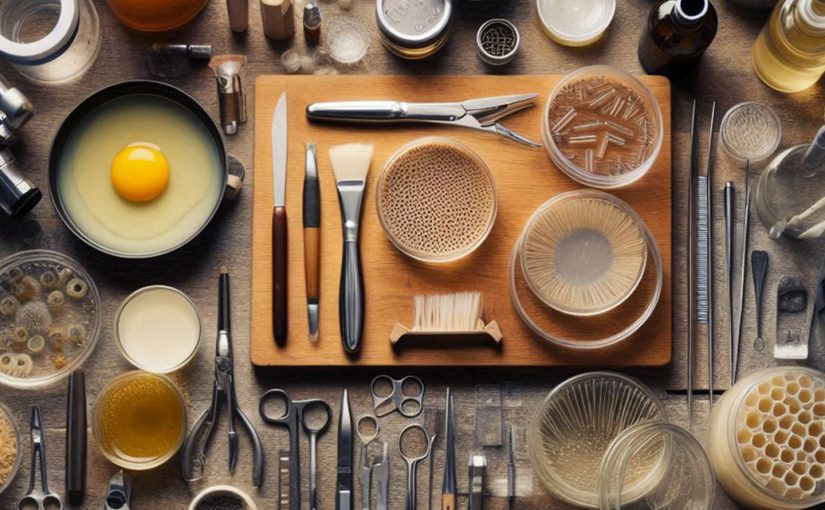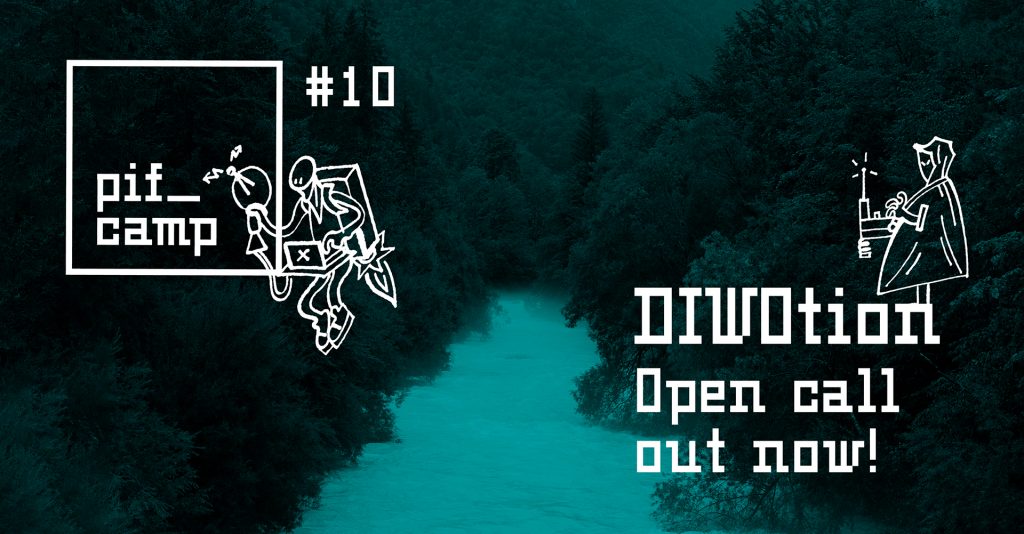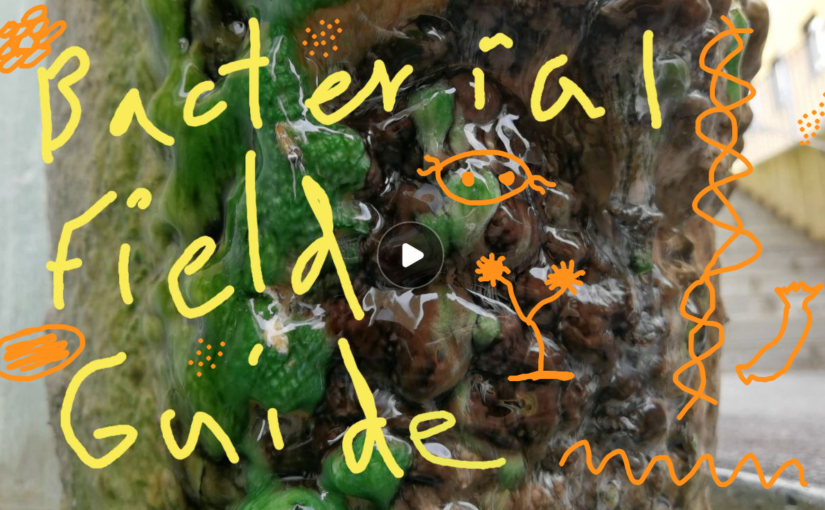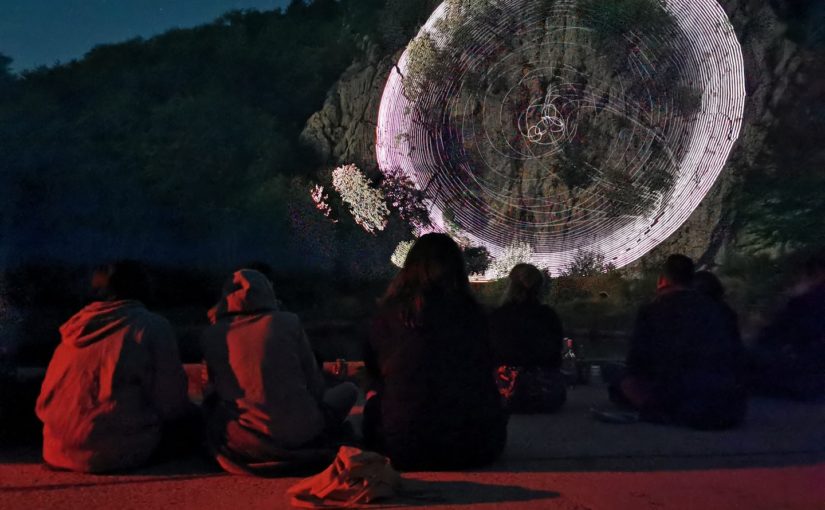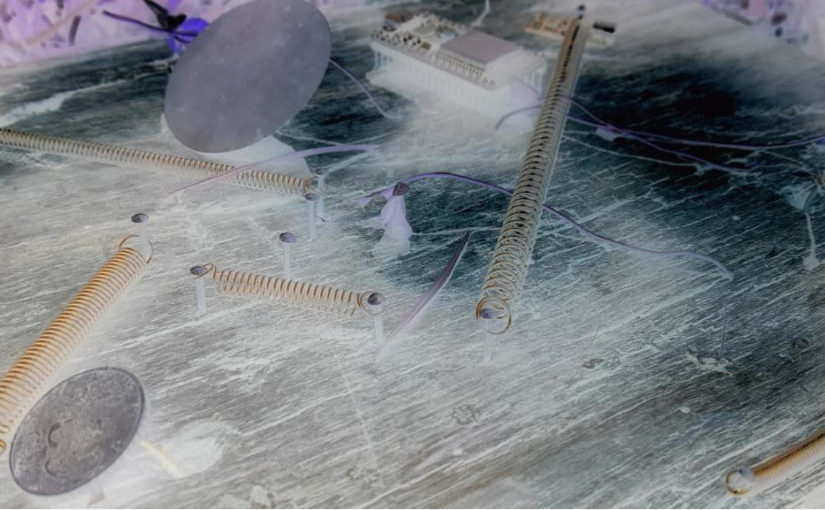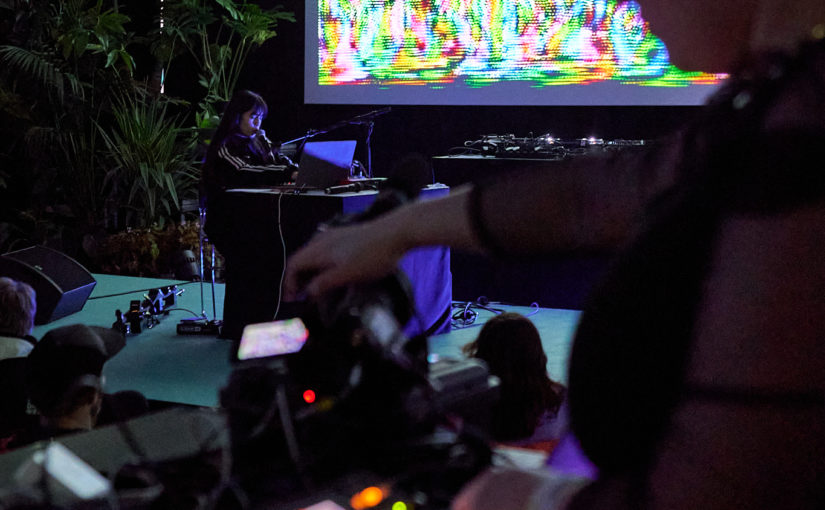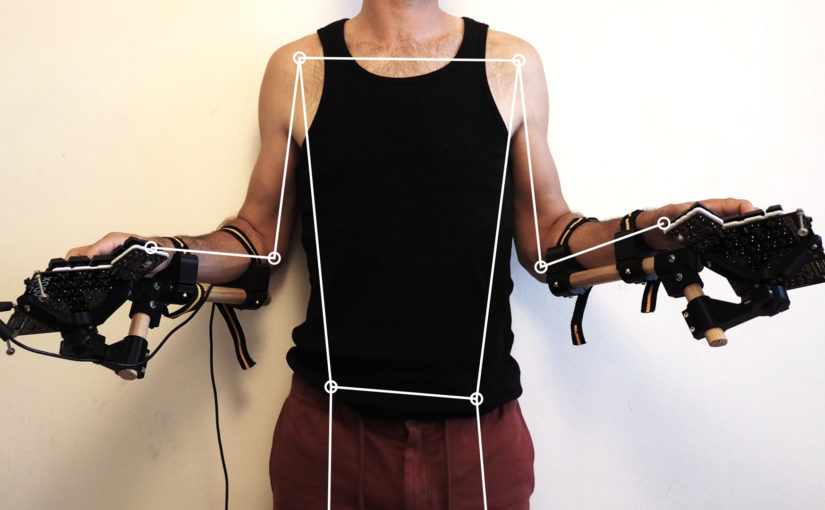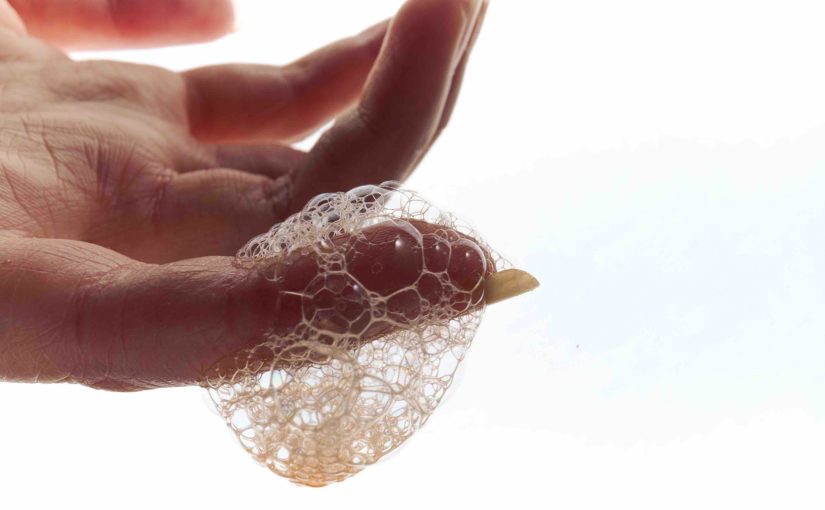Have you ever held onto a piece of technology long after its prime? A phone that is too old to even connect to the internet, a cassette player lost in the digital age, a gadget gathering dust in a forgotten drawer, or a film camera received from a friend which just doesn’t function anymore? These relics whisper stories of our ever-evolving relationship with the digital world.
This summer at PIFcamp, Marginal via visual artist Sabina Suru and curator Andrei Tudose, invite you
to Places of Care, to explore these quiet narratives and craft a gentle farewell for our ageing
technologies. The project challenges traditional perceptions of technology and fosters a deeper appreciation for the complex ecosystem it creates, highlighting the importance of care for technology and a shift towards a more responsible approach to resource management in the technological sector and beyond, opening up conversations about the ecological footprint of technology and the need for sustainable practices in its production and disposal.
Oh, speaking of disposal – how do you feel about waste? Not e-waste (well, not just yet), but bio-waste, growing in front of our eyes. Now, imagine transforming this everyday waste into bioplastic, instead of the ever present plastic made of fossil fuel-based chemicals, today’s biggest frown-upon villain.
What is bioplastic, you ask? It’s a material derived from renewable sources like plant starches or vegetable fats, offering a more sustainable alternative to its petroleum-based counterpart. During collaborative working sessions, we’ll get our hands dirty (in a good way!) experimenting with these innovative materials. We’ll make bioplastics from scratch, using everyday materials like agar agar, flour, kitchen scraps and whatever biowaste we’ll stumble upon around the camp.
These materials will become gentle shrouds for your abandoned technologies (please bring some with you!), eco-friendly burial garments which will not only commemorate our cast-off gadgets, but also become the building blocks for a larger installation Sabina is working on. Yap, your e-waste will find its resting place at the Bucharest Technical Museum in October, for the Places of Care exhibition, a testament to our techno-ecology and our possibilities for responsible consumption.
Join us if you wish to:
● Reimagine the afterlife of technology: Give your tech a gentle send-off and explore themes
related to ecology of technology, obsolescence and responsible consumption.
● Embrace new materials: Learn to make bioplastics from sustainable and readily available
ingredients.
● Be part of a collaborative artwork: Contribute to a wider installation displayed at a really cool
museum!
